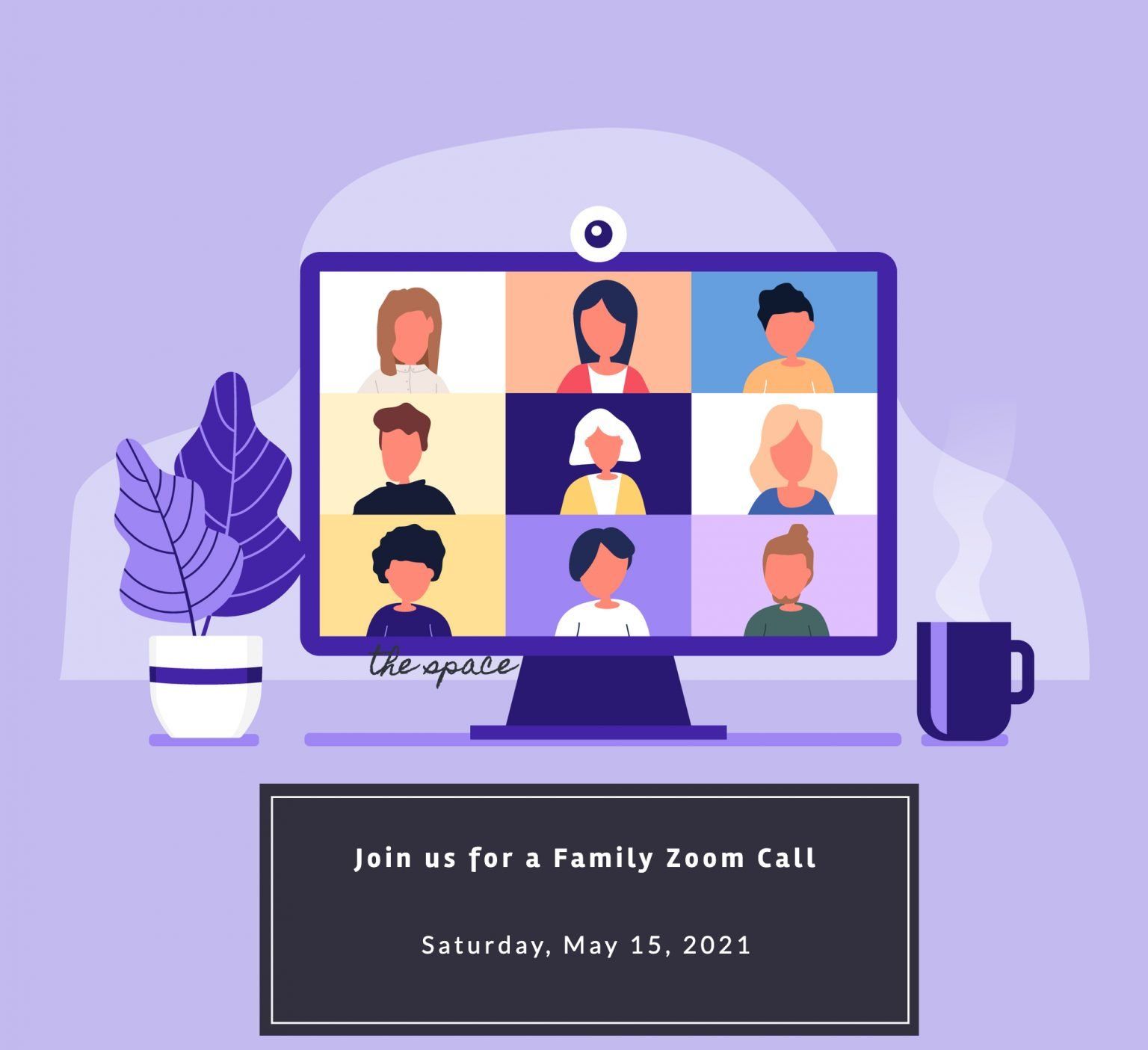OCNDS Family Zoom Call on Early Intervention and Entering School Age

Kristen Didzoleit, an OCNDS parent & inaugural Parent Advisory Board (PAB) member, is leading an OCNDS Family Zoom Call for early intervention to entering school age children on May 15th at 3pm EST. A few PAB parents with older OCNDS children will attend the call and share their experiences from this time in their children’s lives, giving us insight and the opportunity to learn from them. Let’s connect and talk about our main concerns for children in this age group, whether it be types of therapy, toileting or choosing the right school.
A little bit about Kristen: ‘I am a native Mainer who made my way to Austria during college to learn German and see more of the world. Along the way I met my husband, and we are now parents to three beautiful boys. Our middle son, Robin, was diagnosed with OCNDS in October 2019 shortly before he turned two. We were relieved to have an answer as to why he was developing as slowly as he was but were of course terrified about what this diagnosis meant for him, for us and our future. The CSNK2A1 Foundation has provided a wonderful avenue to find a community and helps support us in seeking answers to our long list of questions. I am honored to serve on the Parent Advisory Board, helping guide our Foundation into the future and building community in the German-speaking world.’
Topic : CSNK2A1/OCNDS Family Call on early intervention & entering school age Time : May 15, 2021 12:00 PM Pacific Time (US and Canada)
Zoom Details: Join Zoom Meeting https://us02web.zoom.us/j/84737072955?pwd=TkF3UDl4VXBiT3VyZFVPdlRqNTRnUT09
Meeting ID: 847 3707 2955 Passcode: 478566 One tap mobile +16699006833,,84737072955#,,,,*478566# US (San Jose) +13462487799,,84737072955#,,,,*478566# US (Houston)
Dial by your location +1 669 900 6833 US (San Jose) +1 346 248 7799 US (Houston) +1 253 215 8782 US (Tacoma) +1 301 715 8592 US (Washington DC) +1 312 626 6799 US (Chicago) +1 929 205 6099 US (New York) Meeting ID: 847 3707 2955 Passcode: 478566
Find your local number: https://us02web.zoom.us/u/kc8GwajvlN
